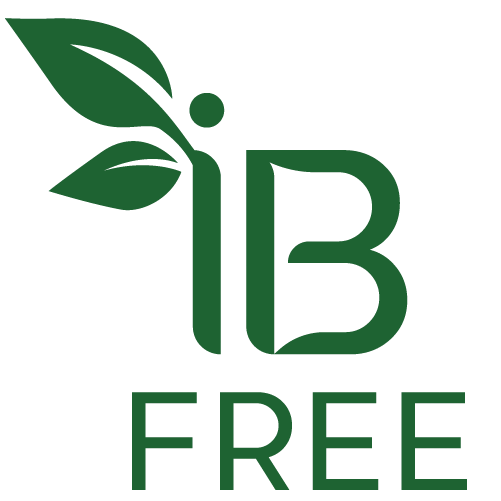How COVID-19 Lockdowns May Have Disrupted Our Guts—and Sparked a Surge in IBS
In early 2020, the world hit pause. Cities emptied, doorbells silenced, and hand sanitizer became a household staple. While lockdowns were necessary to slow the spread of COVID-19, they also ushered in sweeping changes to how we lived—changes that may have quietly wreaked havoc on our gut health.
As we disinfected every surface and limited our movement, another crisis may have been brewing beneath the surface: a spike in gastrointestinal issues like Irritable Bowel Syndrome (IBS) and Inflammatory Bowel Disease (IBD). The culprit? A fragile ecosystem called the gut microbiome.
The Gut Microbiome: An Overlooked Casualty
Inside each of us lives a community of trillions—bacteria, fungi, viruses, and other microbes that help digest food, regulate the immune system, and even shape our moods. This is the gut microbiome, and when it’s balanced, we thrive. When it’s not, the consequences ripple through our bodies.
Lockdowns introduced a cocktail of changes—less exposure to microbes, more processed food, higher stress, reduced physical activity—that likely disrupted this microbial harmony. And the consequences? They’re still emerging.
How Lockdown Life Shifted the Microbial Landscape
1. Microbial Isolation
Pre-pandemic, we touched doorknobs, shared snacks, petted dogs, hugged friends. We exchanged microbes constantly. In lockdown? We became islands. With less contact with people, nature, and animals, we were deprived of microbial “old friends”—organisms that train and balance our immune systems.
2. Excessive Sterilization
We needed to stay clean—but perhaps we overdid it. Disinfectants, sanitizers, and antibacterial everything became the norm. While they helped prevent infection, they may also have wiped out beneficial bacteria, reducing microbial diversity in our bodies and homes.
3. Pandemic Diets
Comfort food became survival food. Many turned to booze, shelf-stable snacks, sugary treats, and processed meals. Fiber took a back seat. But fiber feeds good gut bacteria. Without it, the microbial ecosystem begins to falter.
4. Stress and the Gut-Brain Axis
Lockdowns also took a mental toll. Anxiety, depression, uncertainty—these aren’t just psychological states. They directly influence gut health via the gut-brain axis. And for those predisposed to gut issues, the stress alone may have been enough to trigger symptoms.
From Microbial Imbalance to IBS and IBD
IBS is often misunderstood as purely functional—a matter of stress and sensitivity. But research increasingly ties it to dysbiosis, the microbial imbalance triggered by all the changes above. Symptoms like bloating, abdominal pain, and irregular bowel movements may stem from altered gut flora.
IBD is more severe and inflammatory, but also influenced by environmental triggers. For those with genetic predispositions, a disrupted microbiome can fuel flare-ups of Crohn’s or ulcerative colitis.
Doctors are already seeing the results. Post-COVID, there’s been a marked uptick in new IBS cases. GI clinics are reporting more complaints. It’s not just anecdotal—it’s a quiet wave following the pandemic’s crest.
What Now?
As we move beyond lockdowns, we must reckon with the invisible aftermath. Healing the gut may require just as much attention as healing our routines. Start here:
Eat a diverse, fiber-rich diet
Move regularly
Manage stress with mindfulness and outdoor time
Consider prebiotics and probiotics
Our health isn’t just about what we keep out—it’s also about what we let in. Nurturing our inner ecosystem may be the key to recovering fully, body and mind.
